

While working as a journalist in southern Lebanon in 1978, Don Dickson was detained by Palestinian fighters after being suspected of conspiring with the Israeli government. He was travelling without a guide and had to prove his identity. The fighters looked through his things for an Israeli passport but found something different, love letters written by his wife, Charlotte.
“He was going all through looking for any indications that I might’ve been a suspicious character and in the course of doing that he found all these notes that I kept in my passport that Char had sent me, and I kept every one of them,” said Don.
After reading a few notes and cracking a smile, he packed everything up and let Don go.
“I think frankly, if he was suspicious of me, I think these lovely letters would’ve taken care of his suspicions,” Don said.
The letters Charlotte sent with Don kept them connected no matter how far apart they were.
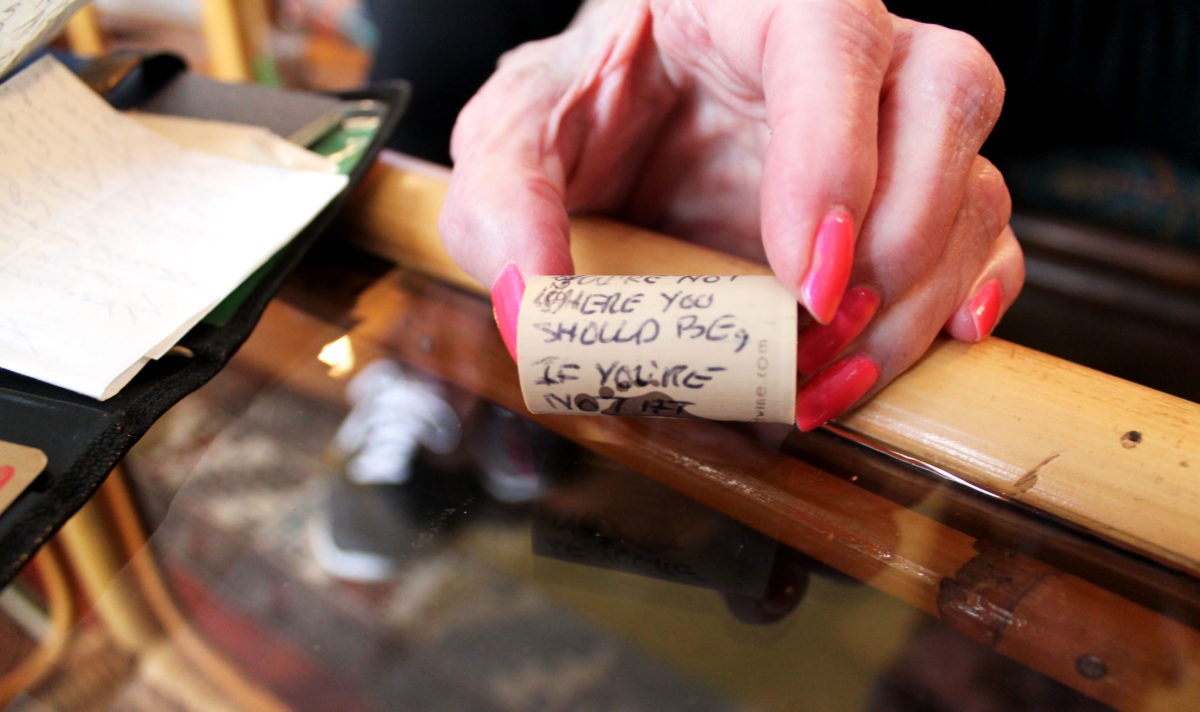
Don, who’s now a journalism professor at St. Thomas University, still has the letters Charlotte wrote for him over the years.
One letter reads: “Dearest little love, it’ll be awfully empty around here without you and I’ll be hoping you come home safe and soon. Think of me often and know you’re on my mind always. Take good care of your little self until I can take care of you again and I’ll try to take better care of you than I have. You’re my precious fella and I love you so much. Don’t ever forget that. My honey, your wifey.”
How it all began
Don is from Vancouver, B.C. and Charlotte is from Deadwood, S.D. The couple met in Olympia, Washington in 1967. Don was reporting on the legislature, where Charlotte worked as a secretary.
When the legislature ended, Charlotte moved to Denver, Colo., where she worked and lived with her brother for two years. The couple kept in touch and when the legislature resumed, Don convinced her to move back and get her job back.
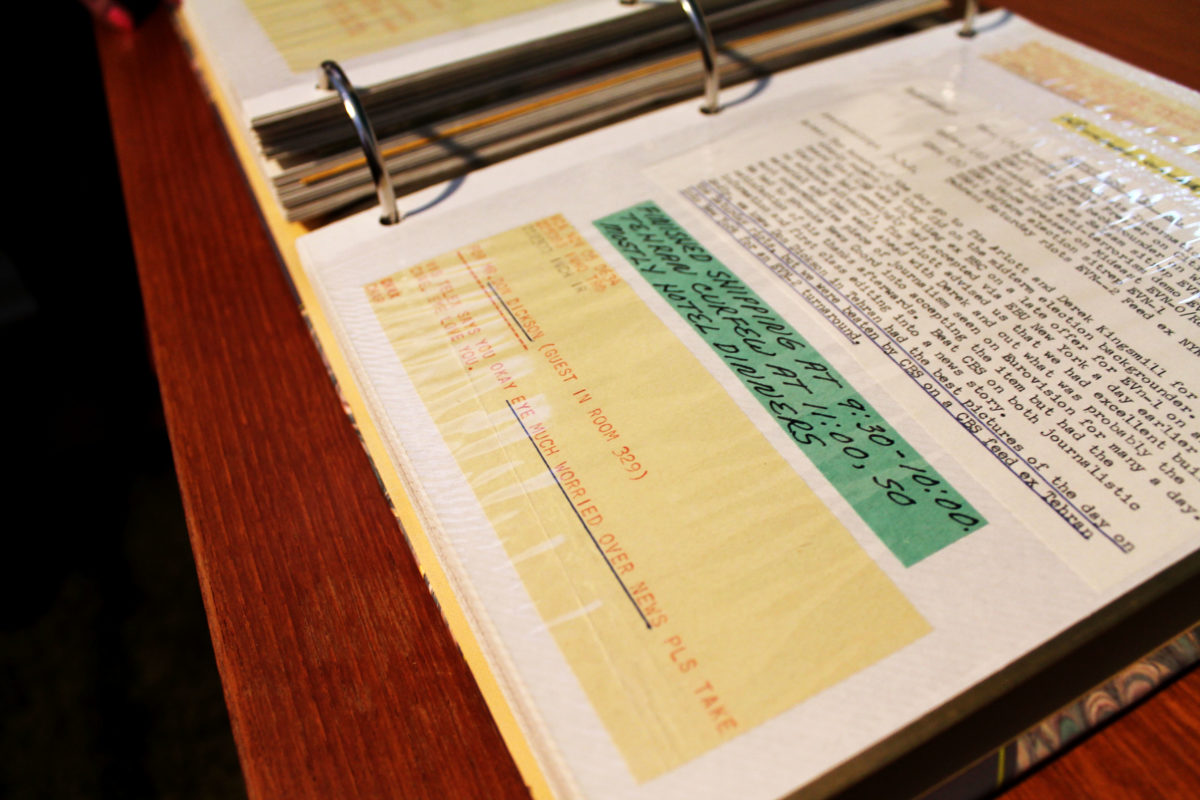

They married in June 1969 and Don began his master’s degree in journalism at Columbia University in New York City.
They spent time in New York and Baltimore before travelling to Spain. From there they went to London where Don started working for Viz News, an organization that provided broadcast material for other news outlets. Then they travelled and worked in the Middle East for 10 years.
The couple spent two years in London, England before moving onto Nairobi, Kenya, followed by Beirut, Lebanon. They then spent two years in Istanbul, Turkey and three years in Jerusalem. After that, they spent two years in Tokyo, Japan.
Charlotte often went to work with Don, holding his microphones, delivering his tapes and reminding him to stay safe.
She said he treated his camera like a shield and needed someone else to remind him if he was in danger. Once he was filming a tank and walking toward a suspected landmine. His guide was yelling at him to come back, but he kept walking. He stopped when Charlotte yelled at him.
“He knows to listen to me,” said Charlotte.
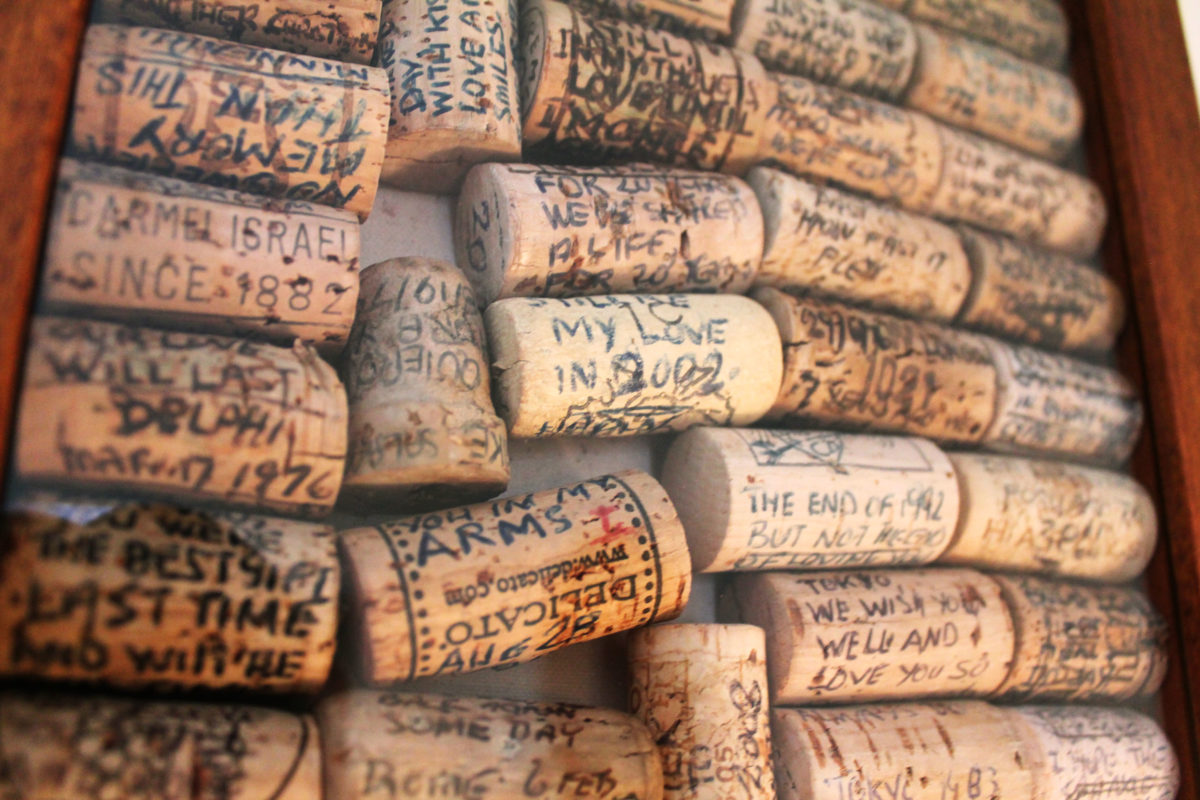

Staying in touch
Don and Charlotte’s daughter, Saraya, was born in 1979. The couple lived in Turkey at the time and Charlotte stayed at home with her while Don travelled. Since Charlotte couldn’t travel with Don anymore, she wrote letters instead.
The letters gave Don a sense of home when he was in a foreign country surrounded by strangers.
“You can imagine sitting alone in a hotel room or somewhere reading one of them and the warmth it kind of brings all through you to remember your special partner,” said Don, holding Charlotte’s hand.
Don left notes for Charlotte too.
“Don left me notes on my pillow and in my sugar bowl,” said Charlotte.
When Saraya was six, Charlotte taught her how to write notes too.
“So I got notes from my two favourite girls, which was really nice, really sweet,” said Don.
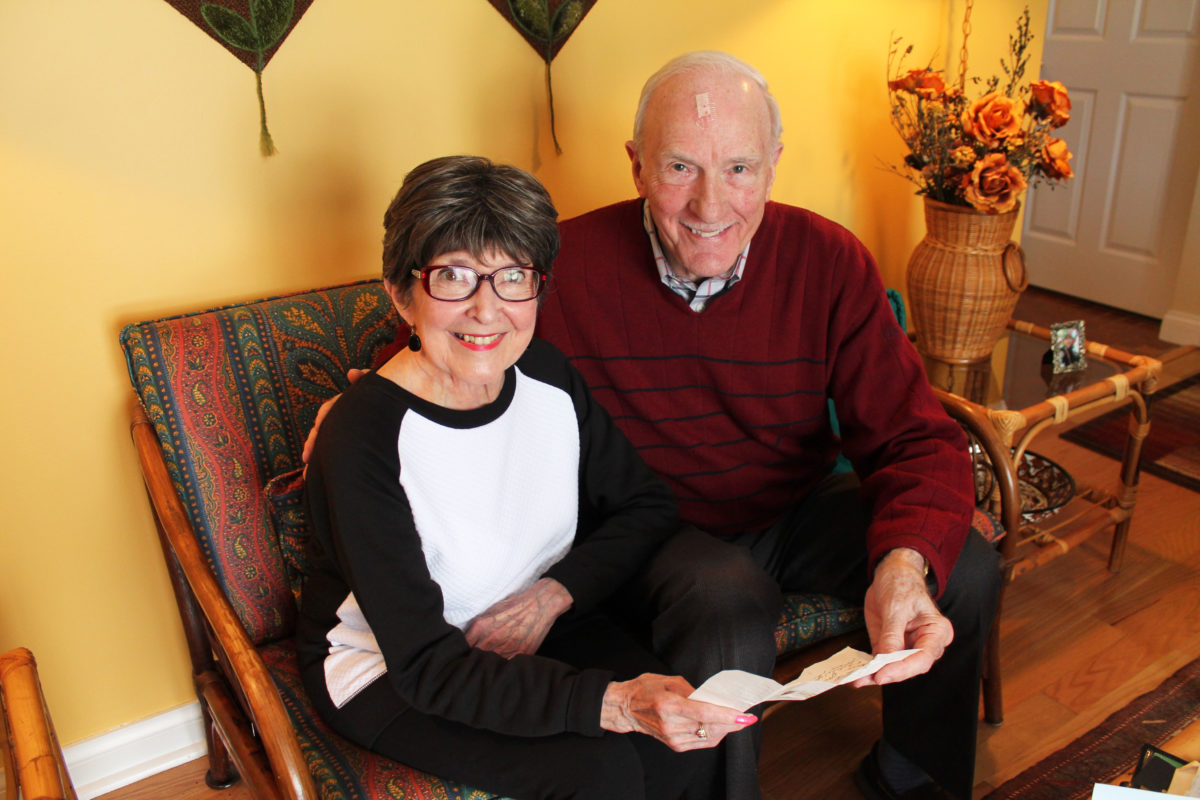

The pair sometimes exchanged messages on Telex machines when Don was staying in hotels for work. Because other reporters stayed in the same hotel, they would often see the messages before Don had a chance to, but they never teased him about it.
“It wasn’t ridiculed, it was sort of, ‘Wow, lucky guy,’” said Don.
By 1986, the family was back in Canada. They lived in Ottawa, where Don worked for CBC. Once, he travelled to Venice for an economic summit and Charlotte left him a phone message at the front desk of the hotel he was staying at. The message quoted a popular Stevie Wonder song from the time, “I Just Called to Say I Love You.”
“The hotel clerk got a big kick out of that,” said Charlotte.
“He had a big grin, much like the same kind of grin that Palestinian had,” said Don.
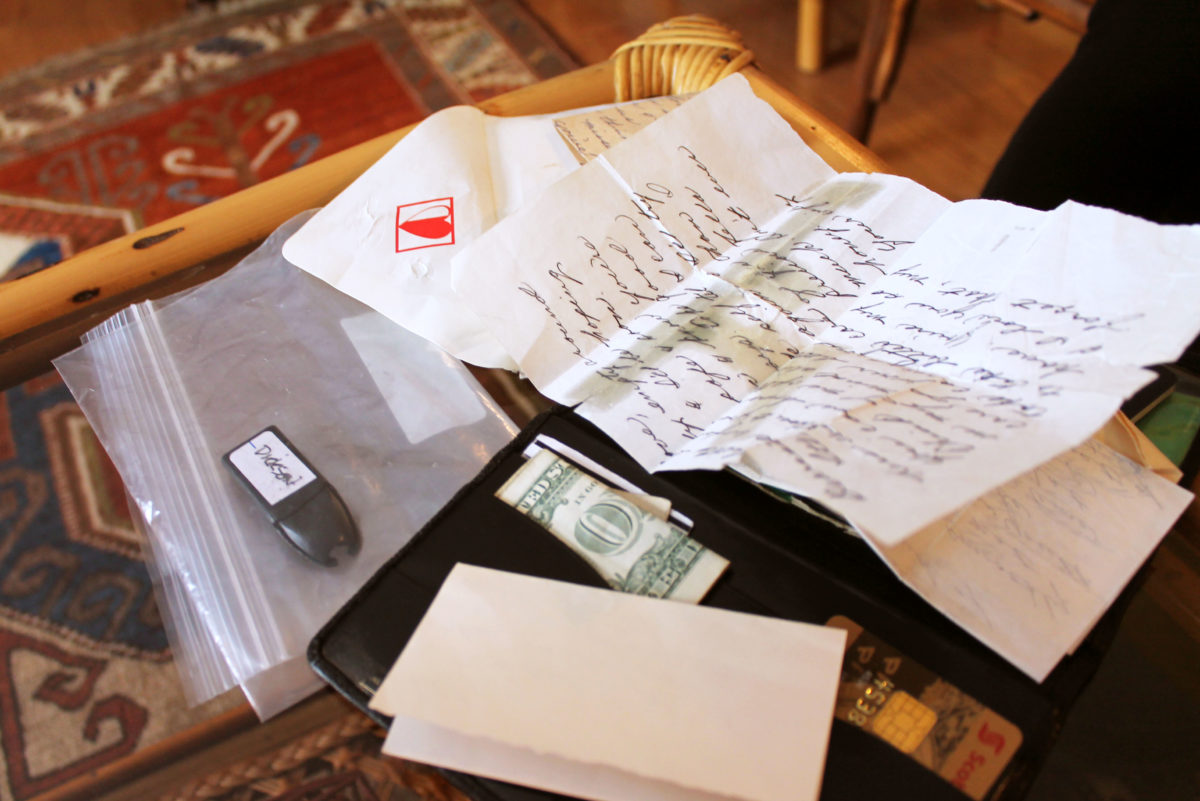

Looking back
Charlotte kept as many memories as she could from their years abroad. A bookshelf in their home holds 39 photo albums full of pictures, newspaper clippings and messages from Don’s producers and other mementos they collected. She calls them bibles.
“I thought that it would be nice to be able to look back on all those memories because they’re places that we would never be again, certainly. And you forget, when we start to talk about, ‘Do you remember that restaurant we went to?’ It’s in the bible,” said Charlotte.
Although their days abroad are over, the couple still write notes to each other. Don writes short poems on wine corks. They have a frame filled with 47 of them in their living room.
For Christmas 2018, he wrote Charlotte a poem called “Missing Words.”
The poem reads:
I wrote the words that told the news to folks I couldn’t see.
I told the stories of people’s lives who were unknown to me.
I searched for words to tell their tales, to find the words that fit and when I found the ones that worked, I wrote them down, and quick.
But when I try to write of love and how yours fills my heart, I cannot find the perfect words, my search doomed from the start.
For how can any words describe your smile, your laugh, your touch?
For how can any words describe my loving you so much?
